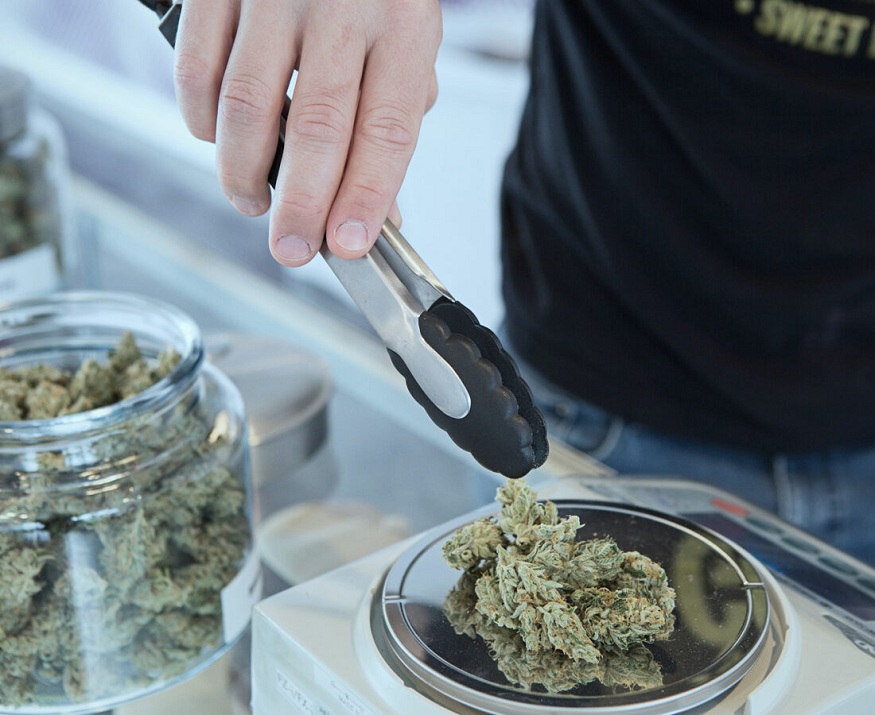If you wanted to open a medical cannabis dispensary in Oklahoma, you would have to go through a specific process to get a license from the state. But you wouldn’t have much trouble. On the other hand, opening a dispensary in Utah is nearly impossible. The Beehive State has limited dispensary licenses to just fifteen. Where is the logic in that?

Oklahoma and Utah represent two extremes in medical cannabis dispensary licensing. Oklahoma arguably has the most dispensaries among all the states, with thousands of them in major cities in small towns alike. Again, Utah has just fifteen serving the entire state. The question becomes this: why does Utah law prohibit more dispensaries?
Licensing for Control Purposes
Utah is not unique in the sense that the state licenses cannabis operations as a means of maintaining control. Licensing determines who can open a medical cannabis business and who cannot. As the thinking goes, maintaining strict state control should allow the industry to flourish while also meeting patient needs.
Has it worked out that way? It depends on who you ask. The people behind Zion Medicinal are likely to say that the rules work in their favor. As operators of the 15th dispensary in the state, they serve the Cedar City and St. George areas. They were the last Utah dispensary to get a license.
Zion Medicinal is unique and that it is the only rurally located medical cannabis dispensary in the entire state. It faces little to no competition at its present location. And with state lawmakers unlikely to approve any more licenses, Zion Medicinal is the only game in town. Up in Salt Lake City, it is a different ball game altogether.
Licensing and Retail Pricing
While it is safe to assume that Utah’s medical cannabis dispensaries are happy about license limits, patients probably aren’t. Why is that? Because limiting the number of dispensaries in the state artificially influences retail prices. Less competition means dispensaries can charge more. On the other hand, competition from hundreds of dispensaries would naturally bring prices down.
Higher retail prices are obviously good for dispensaries. Likewise, they are good for processors and growers who can also charge more up the line. The only loser here is the medical cannabis patient. The fact of the matter is that patients pay the profits that go to every operator responsible for getting products to retail shelves.
Too Much of a Good Thing
One could argue that Utah’s decision to limit dispensary licenses to just fifteen is too extreme. The other end of the extreme is the situation in Oklahoma. There are so many dispensaries that it is extremely hard to make a profit as a medical cannabis retailer. Competition is so stiff and prices so low that margins are weak.
Oklahoma processors are also feeling the pinch. They need to keep their prices in check because retailers cannot afford to pay as much in the Sooner State as they do in the Beehive State. Growers are in another position. There’s still enough demand for their product to maintain a healthy bottom line.
Patients are the big winners in Oklahoma, at least as far as retail pricing is concerned. They also have plenty of access. In Utah, so few licenses mean that entire portions of the state do not have access to medical cannabis locally.
The logic behind limiting dispensary licenses is rooted in wanting to control the market so that each and every player benefits. But as with most things related to government regulation, there are losers even here. There is no way to make it fair for everyone.


